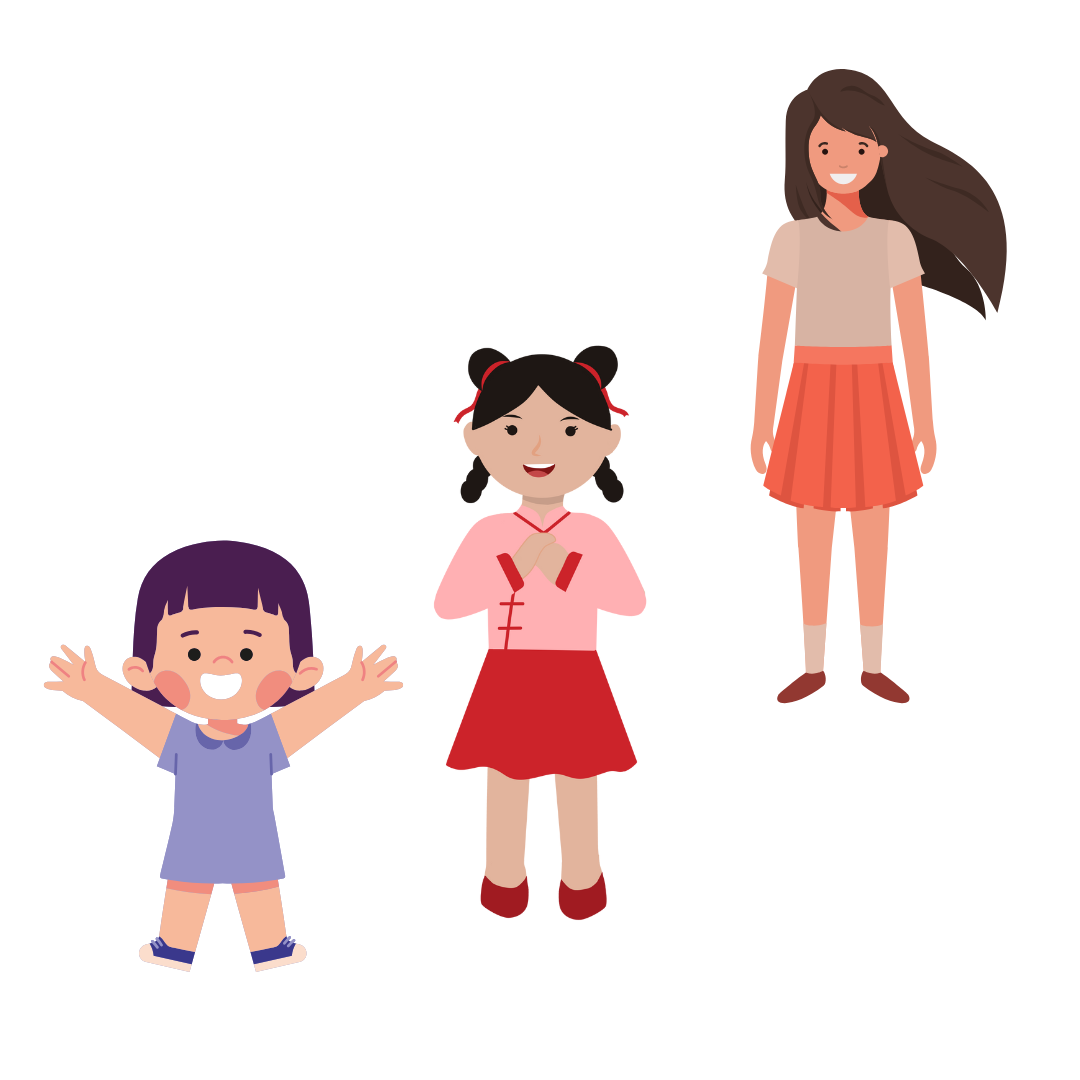Highlight any area of text to hear it spoken to you.
You may want to mute your speaker if you don't want to hear sound.
# Why Do People with ADHD Often Develop Depression? A 2025 Study Has New Answers
A major new study published in 2025 in the *[Journal of the American Academy of Child & Adolescent Psychiatry](https://doi.org/10.1016/j.jaac.2024.11.015)* looked at an important question:
**Why are people with ADHD more likely to become depressed as they grow up?**
Researchers followed over **30,000 children and teens** from two big UK studies—[ALSPAC](https://www.bristol.ac.uk/alspac/) and [TEDS](https://www.teds.ac.uk/)—to figure out what emotional and mental patterns link ADHD and depression over time.
{.alignnone}
What they found helps explain *how* ADHD may lead to depression—but how we understand the results depends on our point of view.
Let’s break it down in a way that’s easy to understand.
---
## What Did the Study Look At?
The researchers wanted to find out what’s happening *between* having ADHD and developing depression later. These “in-between” experiences are called **mediators**.
They studied:
### 1. **Emotional Symptoms**
- **Irritability** (often feeling cranky or easily upset)
- **Anxiety** (worry and stress)
### 2. **Thinking and Attention Skills**
- **Emotion recognition** (understanding how others feel)
- **Working memory** (holding things in your mind)
- **Focus and self-control** (staying on task and stopping yourself from acting impulsively)
### 3. **Negative Thinking Patterns**
- **Feeling like you have no control over your life**
- **Blaming yourself or expecting failure**
They also studied how these things changed between childhood, teen years, and young adulthood.
---
## Two Ways to Understand the Same Results
The study showed that many of these challenges—especially **irritability, anxiety**, and **negative thinking**—help explain why people with ADHD are more likely to get depressed.
But here’s where it gets interesting: the same findings can be understood in **two totally different ways**.
---
## 1. The Traditional “Clinical” View
This is the view most doctors use. It sees ADHD as a disorder with symptoms that need to be fixed.
| **What Was Measured** | **How the Clinical View Understands It** |
|------------------------|--------------------------------------------|
| 😠 Irritability | Poor emotional control; needs behavior help or meds |
| 😟 Anxiety | A second disorder to treat separately |
| 🧠 Emotion Recognition | A problem with reading people; needs social skills training |
| 🔁 Focus & Memory Issues | Cognitive deficits; needs therapy or tutoring |
| 😔 Negative Thinking | Distorted thoughts; use CBT to challenge them |
**This approach asks:** *“What’s wrong, and how do we fix it?”*
---
## 2. The Neurodivergent-Affirming View
This newer view sees ADHD as a natural brain difference—not something broken.
It says many problems come from living in a world that isn’t built for neurodivergent people.
| **What Was Measured** | **How the Neurodivergent View Understands It** |
|------------------------|--------------------------------------------------|
| 😠 Irritability | A sign of sensory or emotional overwhelm; needs safety and co-regulation |
| 😟 Anxiety | A natural response to constant stress, rejection, or unpredictability |
| 🧠 Emotion Recognition | A difference in communication style, not a deficit |
| 🔁 Focus & Memory Issues | Struggles that depend on the environment; not always present |
| 😔 Negative Thinking | Often caused by years of being corrected or misunderstood |
**This approach asks:** *“What’s this person going through, and how can we support them better?”*
---
## What Changed by Age?
The study also found that:
- **Irritability and emotion recognition** mattered more in **childhood**
- **Anxiety** was a risk **throughout life**
- **Negative thinking and memory problems** became more important in the **teen years and early adulthood**
---
## So, What’s the Big Takeaway?
This research shows that depression in people with ADHD often develops over time, shaped by:
- Emotional stress
- Negative thinking patterns
- Attention struggles
- And the environments they live in
But how we *respond* to those findings matters most.
We can either:
- Try to fix what we think is “broken”
**or**
- Create environments that make neurodivergent people feel safe, supported, and understood
The study gives us the data. It’s up to us to decide the story we tell with it.
### Check Out More Links on This Page related to ADHD and Depression you might be interested in
[8 ways to improve your self-confidence when you have ADHD](https://www.kristen-mcclure-therapist.com/8-ways-to-improve-your-self-confidence-when-you-have-adhd/)
[ADHD Masking vs. Autistic Masking in Women: Understanding the Differences, Similarities, and Impacts](https://www.kristen-mcclure-therapist.com/adhd-masking-vs-autistic-masking-in-women/)
[ADHD and depression](https://www.kristen-mcclure-therapist.com/adhd-and-depression/)
[How ADHD Shows Up Differently in Women: New 2025 Study Reveals Key Gender Gap](https://www.kristen-mcclure-therapist.com/how-adhd-shows-up-differently-in-women/)
[ADHD Girls Support: A Parent’s Framework for Growth and Empowerment](https://www.kristen-mcclure-therapist.com/adhd-girls-support/)
```
